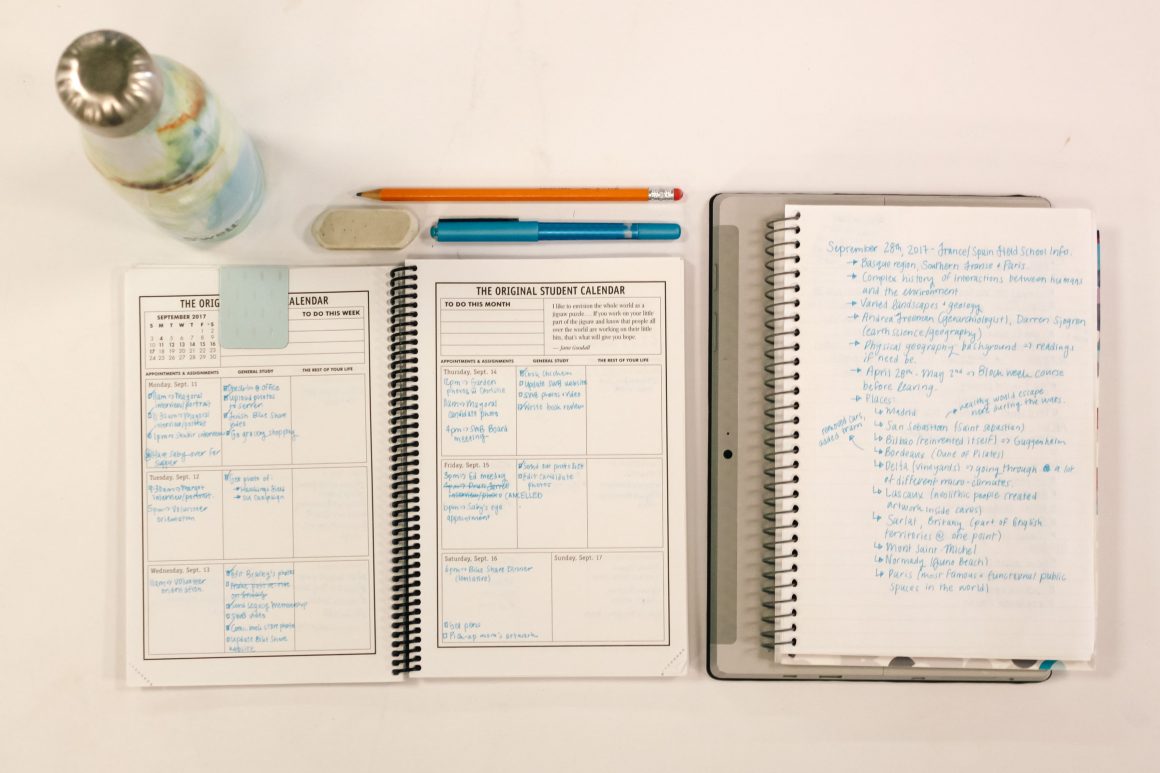
What the pandemic has taught me about boredom and burnout
By Ainsley C. J. Smith, April 2 2021—
Around this time last year, the world stopped. The first thing I thought was “thank God I don’t have to write this test on Monday” — naive, I know. In a matter of days, my busy life came to a grinding halt, as yours probably did too.
At first, there was that initial shock to keep my thoughts busy, but eventually, with the luxury of time, came immense boredom. To my surprise, this boredom led to a fascination with just about anything mildly interesting that interrupted my otherwise mundane day.
Boredom gets a bad rap, but it can actually be a pleasant companion. Boredom can inspire us to self-reflect, get creative and seek novelty. It can even be good for our mental health, as I soon found out.
Suddenly, I wasn’t just passively making my way through the world, focusing exclusively on deadlines and the little letter grades that I sometimes felt defined me. I was now eagerly absorbing information about the world around me.
Boredom first encouraged me to start reading short stories and articles on any topic I found interesting. Eventually, I picked up a novel, Brain on Fire by Susannah Cahalan — something I hadn’t done in more than a year.
But it didn’t stop there. I learned to bake, I started doing yoga every day and I spent more time with friends and family — virtually. Before I even realized it, I was developing a better sense of self and was starting to separate my identity from my academics. Boredom brought my stress levels way down. It made me look at the future with excitement. I was always excited to learn something new.
It was then that I realized that my curiosity with the world had been somewhat muted pre-pandemic. Because at that point, learning something new wasn’t always fun or exciting. It was sometimes stressful. New content meant more material to be tested on and it wasn’t enough to learn something once and find it interesting. I had to repeat the same fact in my notes, on my cue cards and under my breath, hoping it stayed in my mind until the test. Then I would gladly forget it forever.
When I think back to the pre-pandemic times, I realize that I was experiencing symptoms of burnout. The World Health Organization defines burnout as, “a syndrome conceptualized as resulting from chronic workplace stress that has not been successfully managed.” Symptoms can include feelings of exhaustion and reduced efficiency. I felt stuck in a hamster wheel, scared that if I slowed down, I would fall off. I was so preoccupied with deadlines and marks that I wasn’t able to fully enjoy my learning experience.
Now that we’ve settled into our new normal, I have tried my best to implement strategies to protect myself against symptoms of burnout. For me, this doesn’t mean scheduling relaxing activities and extracurriculars — something I’ve attempted and failed at before. Instead, it means free time and well, boredom. It means giving myself a completely unstructured hour or so each day where I can just follow my curiosity and see where it takes me. Usually, I end up reading or writing about something interesting and I almost always learn something new.
My experiences with boredom and burnout have taught me a lot about myself, resilience and how I can best manage my stress. The truth is that everyone experiences symptoms of burnout at one point or another. Don’t make my mistake of waiting for a pandemic to welcome boredom.
